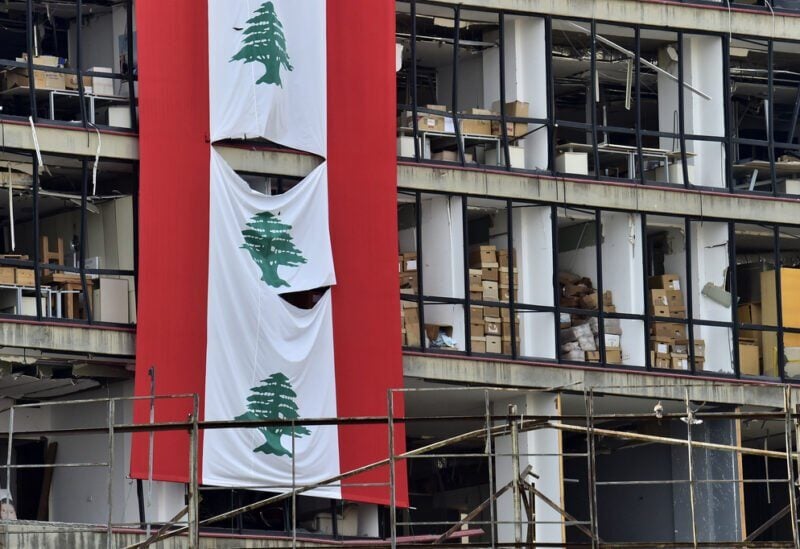
Lebanon
Lebanon achieved a slight progress by three degrees in the biennial Open Budget Survey report, as it obtained a score of 9/100 on the scale of this global classification’s indicator of budget transparency, which relates to the public’s access to information about the public budget, after it had achieved a score of 6/ 100 and before that in 2017, on 3/100. This increase, according to the survey report, is due to “providing timely information online about the approved budget,” by publishing it on the Ministry of Finance website.
The survey report issued by the International Budget Partnership (IBP) for Lebanon recommended a number of steps to enhance budget transparency, including “the timely publication of the draft budget law prepared by the executive authority online, and the timely issuance and publication of the preliminary budget statement, semi-annual review and audit report on the Internet. “.
The Basil Fleihan Institute considered in a statement that “more steps are required that contribute to raising the degree of budget transparency, and allow all citizens, without discrimination, to access information related to it in a timely manner, allowing them to participate in the public debate about it, and in the process of accountability and accountability.” .
He recalled that, for his part, he “contributed to providing better transparency” by issuing annually the “Citizen and Citizen Budget” guide in cooperation with the Directorate of Budget and Expenditure Control in the Ministry of Finance, which allowed for improving Lebanon’s classification in 2019″.
And he stressed that he “constantly publishes this simplified version of the budget to facilitate understanding the complex information related to the budget and public finance and to make it accessible to all citizens.”
He pointed out that “the right of access to financial information is, according to the most important international organizations, a prerequisite for enabling citizens to evaluate the performance of their governments in terms of determining tax policies, debt decisions, the direction of spending public money and mechanisms for setting priorities.” Therefore, he made the citizen’s budget available electronically on an interactive platform available to everyone.
The institute stressed that “there is still a long way to go towards achieving the required level in this field.” Despite the progress made thanks to the issuance of this document, Lebanon still ranks 109th out of 120 countries covered by the survey, and the degree of transparency of its budget is still insufficient because it is far away of 61, a score that indicates that the state publishes enough material to support public debate on the budget. The score achieved by Lebanon is still below the global average of 45/100, and is also considered very low compared to other Arab countries such as Jordan (61/100), Morocco (48/100), Egypt (43/100), Tunisia (42/100) and Saudi Arabia. (23/100), and it was the sixth worst performer in the Middle East.
It should be noted that the Open Budget Survey, conducted for the eighth time, also assesses the degree of public participation in the budget process, the degree of budget oversight and audit, in addition to an assessment of transparency.